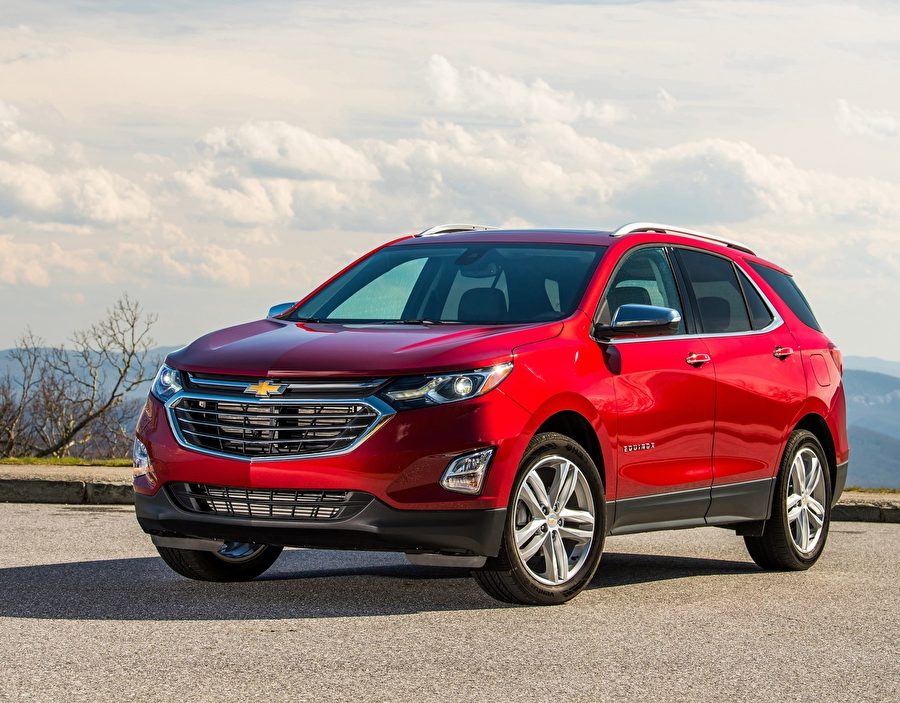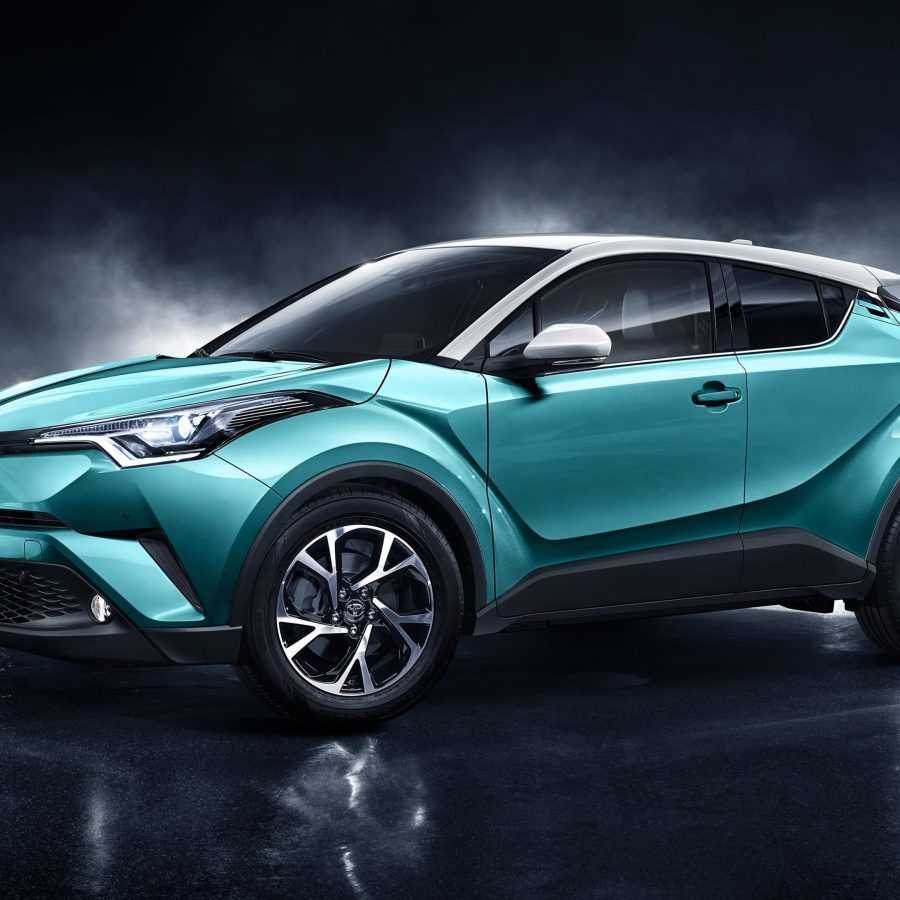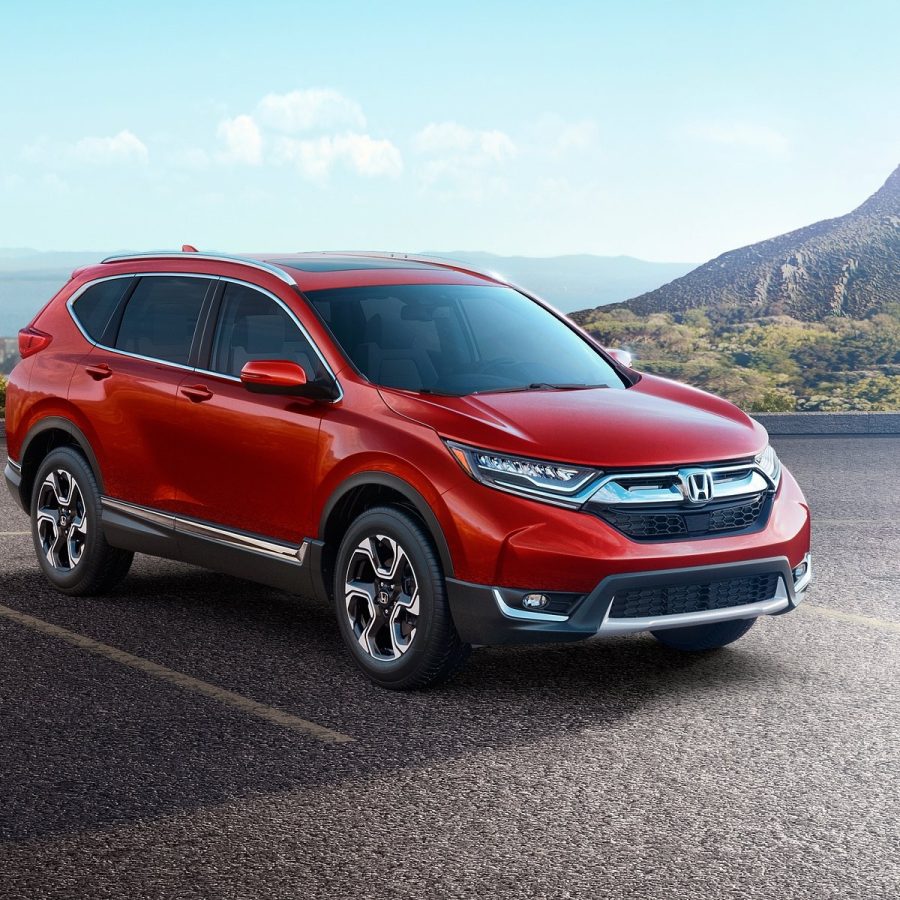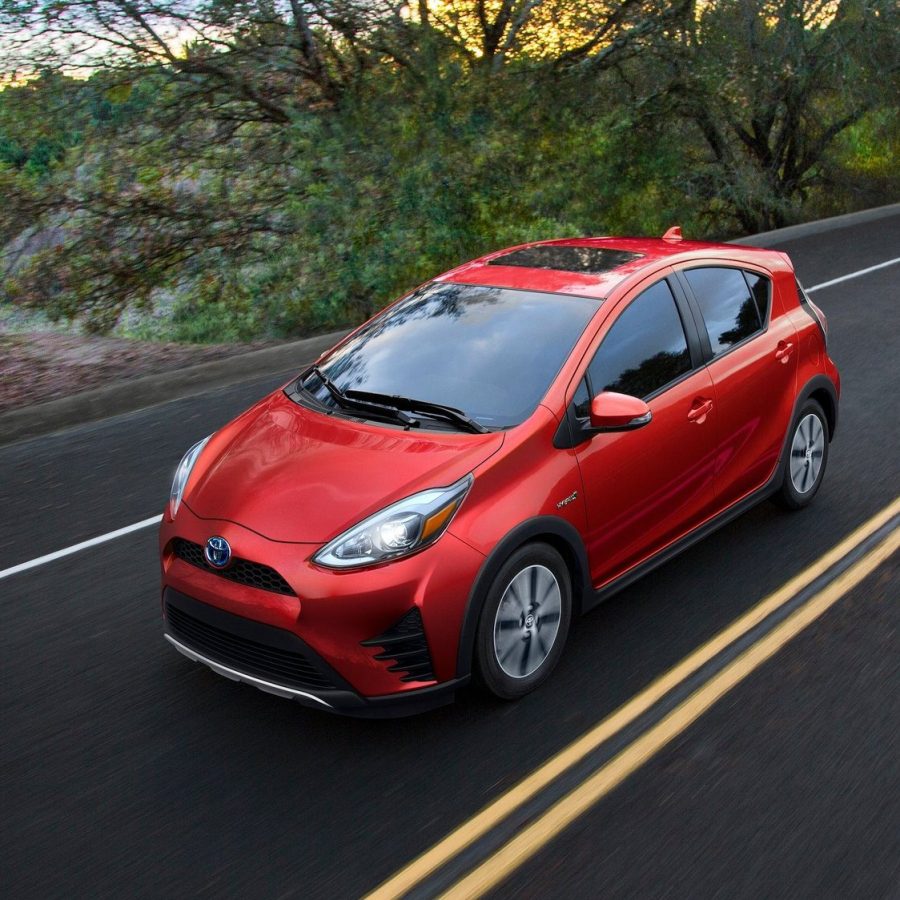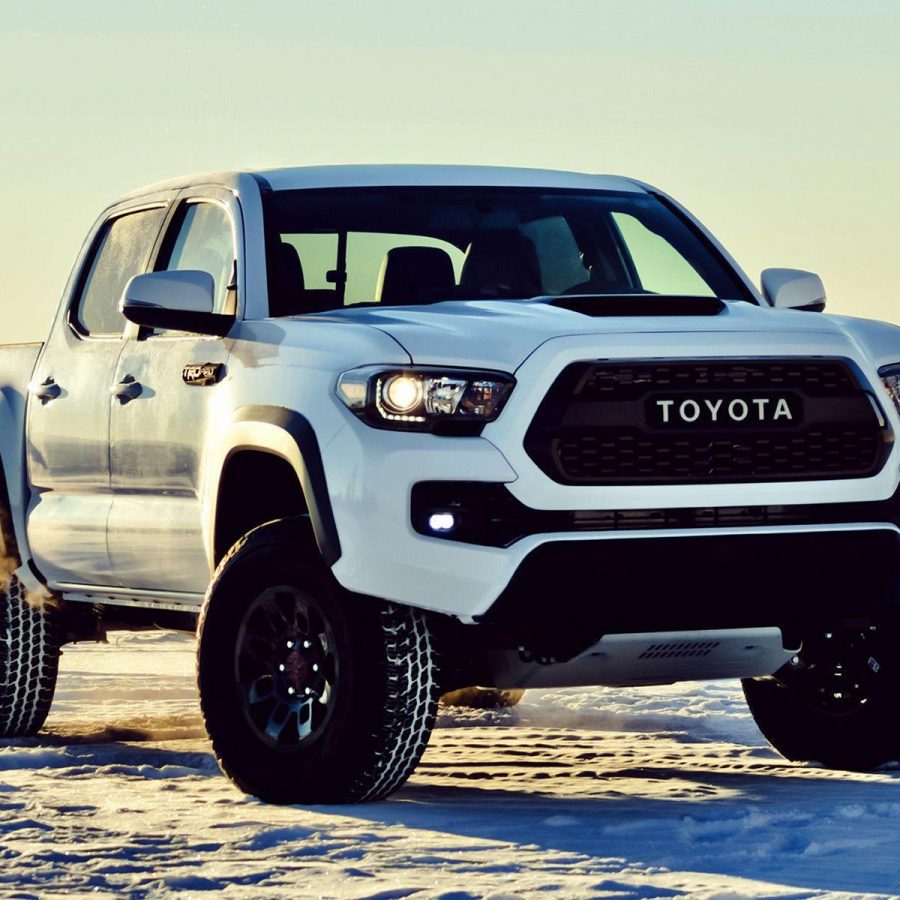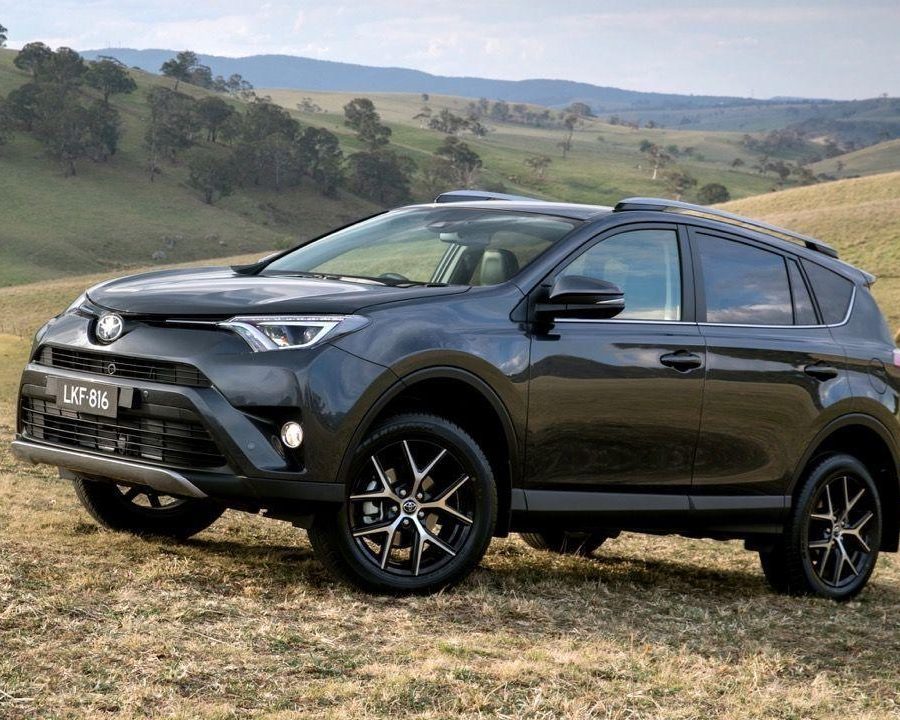2018 U.S Automotive Sales Research
The U.S. auto industry in 2018 continued to evolve, with a mix of challenges and opportunities shaping the landscape. Following the trend in 2017, U.S. auto sales in 2018 appeared to level off. While the market remained strong with roughly 17.3 million vehicles sold, it was clear that the rapid growth seen post-recession had plateaued. The trend of declining sedan sales in favor of SUVs, crossovers, and trucks persisted. Many automakers adjusted their strategies, either reducing or completely ceasing the production of certain sedan models to focus on the more popular and profitable SUV and truck segments. While electric vehicles (EVs) were still a small part of overall sales, there was noticeable momentum. More automakers announced plans for new EV models, increased their investment in electric technology, and expanded charging infrastructures. The market saw an influx of new and updated electric models with better range and features. After years of historically low interest rates, 2018 witnessed an uptick. This impacted auto financing and led to higher monthly payments for consumers, potentially influencing some purchasing decisions. Trade disputes, particularly between the U.S. and China, led to increased tariffs on certain goods, including auto parts. This introduced uncertainties into the market, with potential implications for vehicle pricing and profitability.


